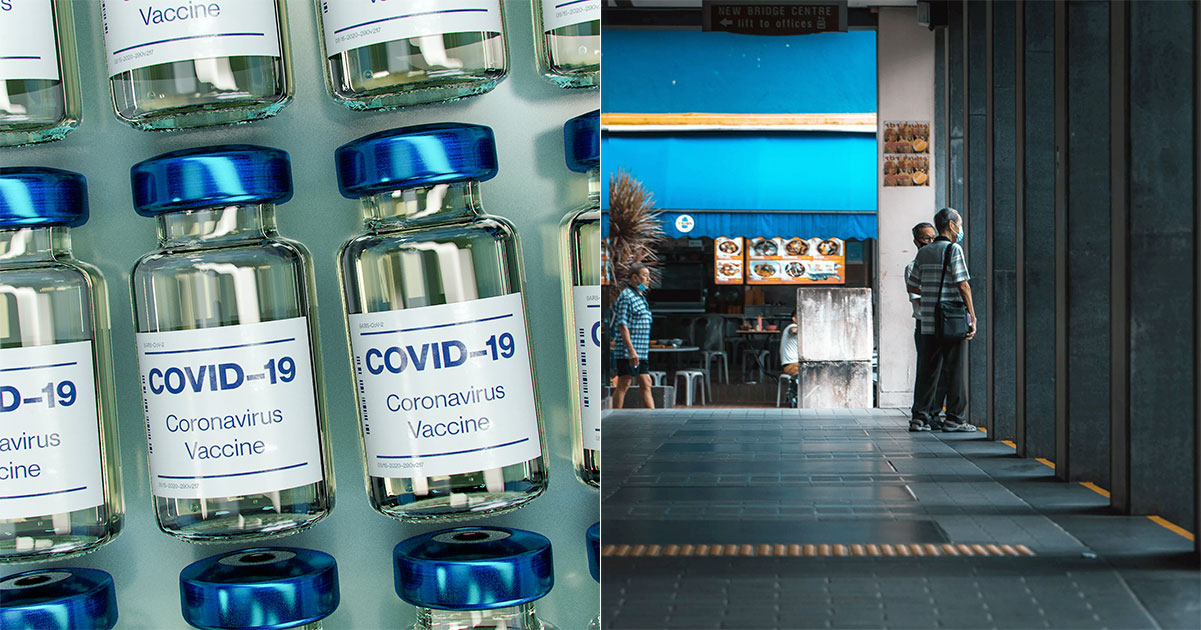Herd immunity in Singapore can kick in when at least 80 per cent of the population have been vaccinated against Covid-19.
This was the prediction made by the Health Ministry's chief health scientist, Professor Tan Chorh Chuan, on Dec. 16, as reported by The Straits Times.
80% figure
According to ST, Tan said it would be "prudent" for 80 per cent of the Singapore population to be vaccinated.
The math involves a conservative estimate of the vaccine's efficacy and the distribution of its effects on the population as a whole.
"The estimates for herd immunity vary generally around 60 to 70 per cent of the population, but a vaccine coverage of at least 80 per cent would be prudent," Tan told ST.
How 80% figure derived
The 80 per cent figure is derived from the assumption that the efficacy of a Covid-19 vaccine is 90 per cent.
By vaccinating 80 per cent of the population, about 72 per cent of the people in the country would become protected, Tan explained.
"Where most of a population have immunity to the virus, this 'herd immunity' indirectly reduces the risk of infection for those who are not immune to it, thereby limiting infection clusters," he explained.
Tan also said he strongly encourages everyone who is suitable to be vaccinated to take the shot to reduce the likelihood of the virus' spread in Singapore.
Priority for vulnerable
The first shipment of vaccines by United States pharmaceutical giant Pfizer and its German partner BioNTech is due to arrive before the end of 2020, Prime Minister Lee Hsien Loong announced in his televised address on Singapore's Covid-19 vaccination plan on Dec. 14.
Priority will be given to those 60 years and above and healthcare and front-line workers, as well as elderly and vulnerable patients.
PM Lee said there will be enough vaccines for everyone by the third quarter of next year.
Herd immunity protects those who cannot take vaccine
The spillover effects of those vaccinated is a known science.
Herd immunity against Covid-19 protects those who cannot be vaccinated because of their age or their medical conditions, as well as pregnant women.
At the moment, it is believed that it may not be advisable for patients who have medical conditions or are on drugs that suppress the immune system to have the Covid-19 vaccine.
More detailed guidance would be provided for this group in time to come.
The case for vaccination is strong at the moment but unknowns still remain.
For instance, it is still not known if the vaccine reduces or blocks viral transmission, Tan said, although this was found in the animal studies.
We deliver more stories to you on LinkedIn
Top photos via Unsplash
If you like what you read, follow us on Facebook, Instagram, Twitter and Telegram to get the latest updates.
